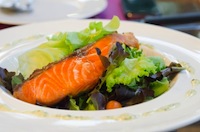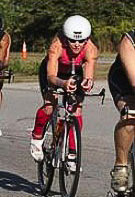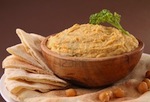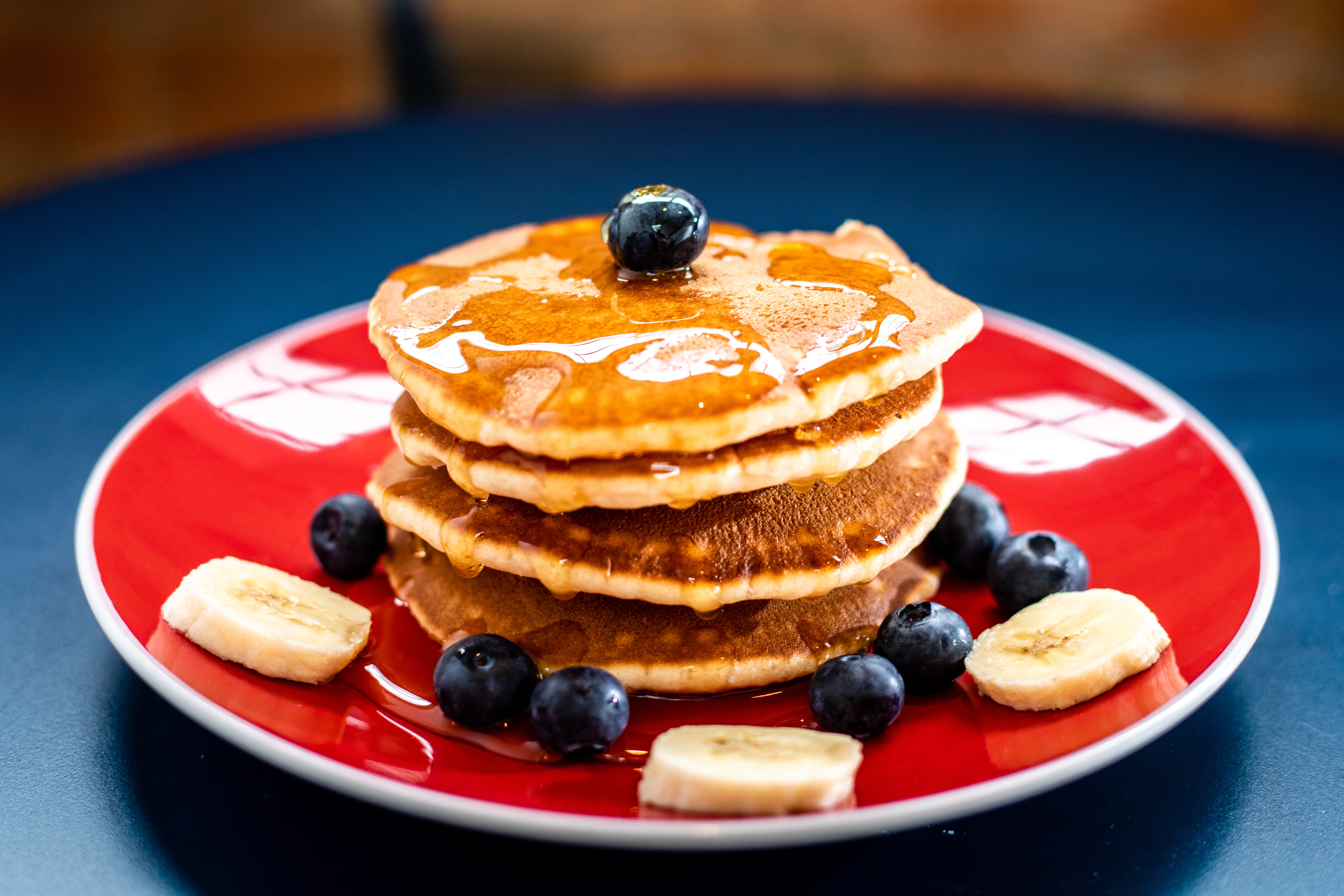Off Season Nutrition

For most triathletes, triathlon “off season” is quickly approaching. Many athletes welcome this unstructured, gadget free training cycle. It is a time to train just for fun, with no pressure of reaching heart rate and wattage zones, mile splits or swim set PR’s. Off-season provides the opportunity to rejuvenate our bodies and minds, but this is not the time to become relaxed with food choices.
Although your workouts become less strenuous with efforts no harder than zone II 90% of the time, off-season is a GREAT time to focus on your nutrition training. Yes, you read that correctly, nutrition training.
Now that our workouts aren’t as demanding, it is important to adjust food intake to match physical training cycles. As our training load goes down, so should our food consumption. This base training cycle provides the opportune time to work toward an optimal body weight and body composition so when race season rolls around you are metabolically efficient and will reap the performance rewards.
Although this can be incorporated at any time, it is easier in a lower training volume and intensity cycle to focus on achieving a more metabolically efficient metabolism.
 Metabolic efficiency (ME) training is the process of improving your body’s ability to use its internal fat stores. The more efficient we burn fat while preserving our limited and precious carbohydrate stores the longer and faster we can go without “bonking,” the less we rely on supplemental sports nutrition; therefore, the less GI distress we encounter. The body has approx. 80,000 calories stored as fat and only between 1,400-2,000 calories as carbohydrate. It is worthy of noting, fat can only be burned with carbohydrate on board. Once your glycogen stores are empty, fat is metabolized into fuel very slowly and inefficiently, hence the “bonk.” Therefore, fat is a great energy source as long as you have glycogen or supplemental sports nutrition along with it.
Metabolic efficiency (ME) training is the process of improving your body’s ability to use its internal fat stores. The more efficient we burn fat while preserving our limited and precious carbohydrate stores the longer and faster we can go without “bonking,” the less we rely on supplemental sports nutrition; therefore, the less GI distress we encounter. The body has approx. 80,000 calories stored as fat and only between 1,400-2,000 calories as carbohydrate. It is worthy of noting, fat can only be burned with carbohydrate on board. Once your glycogen stores are empty, fat is metabolized into fuel very slowly and inefficiently, hence the “bonk.” Therefore, fat is a great energy source as long as you have glycogen or supplemental sports nutrition along with it.
Performance benefits aside, ME training improves body composition and body weight, lowers triglyceride levels, stabilizes blood sugars, and improves lipid profiles.ID-100165333.jpg
 How do athletes achieve metabolic efficiency? Stabilizing blood sugars levels by modifying the composition of meals.
How do athletes achieve metabolic efficiency? Stabilizing blood sugars levels by modifying the composition of meals.
When we eat a plate full of carbohydrate (i.e., pasta, potatoes, bagels, cookies, etc.) the body releases insulin, suppressing the fat burning system. By eating a combination of carbohydrate and lean protein at each meal/snack, we release less insulin, stabilize blood sugars, burn fat for energy, while increasing satiety. It is best to get carbohydrates from nutrient dense foods such as fruits and vegetables, keeping you healthy and strong.
Although athletes benefit from sports nutrition supplements in training and racing, during the off-season when the focus is aerobic and not performance, additional nutrition support is not needed. By having a metabolically efficient meal or snack before/after your 2-3 hour zone II ride, water and electrolyte beverages will be sufficient.
To get a customized metabolic efficient nutrition plan, contact Susan Kitchen, MPH, RD, CSSD.









